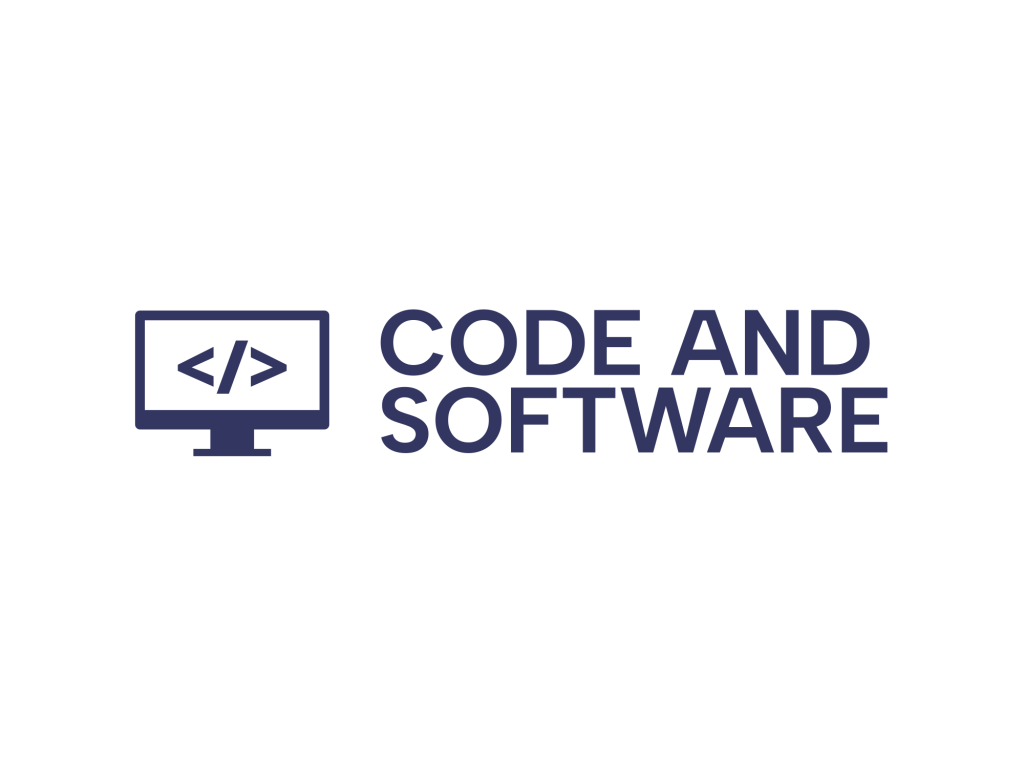Using a VPN (Virtual Private Network) with your Roku device is an excellent way to improve your streaming privacy, unlock geo-restricted content, and keep your viewing habits secure. However, Roku devices do not support VPN apps directly. This makes auto-starting a VPN on startup a bit more complex than on other platforms. Fortunately, with a few configuration steps, you can enjoy automated VPN functionality every time your Roku powers on.
In this guide, we’ll explore how to auto-start a VPN connection for your Roku streaming experience, discuss the best workarounds, and provide tips that ensure seamless functionality. Whether you’re a privacy enthusiast or a binge-watcher looking to access foreign content, this walkthrough will have you covered.
Why Roku Can’t Run VPN Apps Natively
It’s important to understand that Roku devices do not support VPN installations directly because they run on a closed operating system without built-in support for third-party apps. That means you’ll need to configure your VPN indirectly. Fortunately, there are a few effective methods:
- VPN-enabled router
- Virtual router (a VPN-shared connection via PC or Mac)
- Smart DNS services (alternative to VPN)
Let’s dive into how to auto-start your VPN through these methods, focusing primarily on the router setup, which ensures your VPN starts every time your Roku connects to the internet.
Method 1: Use a VPN-Enabled Router
This is the most reliable and automated method. A VPN router ensures that all devices connected to your local network, including Roku, are protected by the VPN without requiring manual input.
Steps to auto-start a VPN using a router:
- Choose a compatible router. VPN routers from brands like Asus, TP-Link, or Netgear can be flashed with firmware like DD-WRT or Tomato to support VPN auto-start.
- Install and configure the firmware. Flash your router with DD-WRT or Tomato if it doesn’t natively support VPNs.
- Set up the VPN on the router. Log in to your router’s admin panel and enter the VPN credentials provided by your VPN service. Enter the settings needed to auto-connect the VPN at boot.
- Test the VPN connection using your Roku. Connect your Roku to the router’s Wi-Fi and verify the IP address or streaming availability of restricted content.

This setup ensures that every time the router restarts—either due to power cycles or updates—the VPN automatically reconnects without user input. Perfect for those looking for a true “set it and forget it” solution.
Method 2: Use a Virtual Router from Your Computer
If you’re not ready to invest in a VPN-compatible router, another effective solution is to set up a virtual router using your PC or Mac and share the VPN connection with your Roku.
Here’s how to do it:
- Install a VPN application on your laptop or desktop.
- Enable Internet Sharing via your operating system’s settings. On Windows, create a mobile hotspot. On macOS, use the “Internet Sharing” option in System Preferences.
- Connect your Roku to this new Wi-Fi network created by your computer.
For auto-start functionality, ensure the VPN app on your computer is set to launch and connect automatically when the system boots. This can usually be set in the VPN’s preferences panel.
Image not found in postmeta
Bonus Tip: Use Smart DNS for a Simpler Setup
If complex router setups aren’t for you, consider using a Smart DNS service. While not a VPN, Smart DNS allows you to bypass regional restrictions. DNS settings can be entered directly on your router or via your Roku if you’re using a DNS-compatible Wi-Fi network.
Though Smart DNS doesn’t encrypt your traffic, it requires minimal setup and is ideal for streaming.
Conclusion: Set It and Forget It
While Roku doesn’t support VPN apps directly, setting up your VPN to auto-start using a VPN router or shared connection is highly effective. With proper setup, your VPN connection will start automatically every time your Roku connects to the internet.
Key takeaways:
- Roku needs indirect VPN connections through routers or shared networks.
- Router-based VPN setups are the most reliable for full automation.
- Smart DNS can be a simplified alternative if encryption isn’t crucial for you.
Now you can stream with peace of mind, knowing your activity is private and your location is no longer a limit to what you can watch. Happy streaming!


Leave a Reply